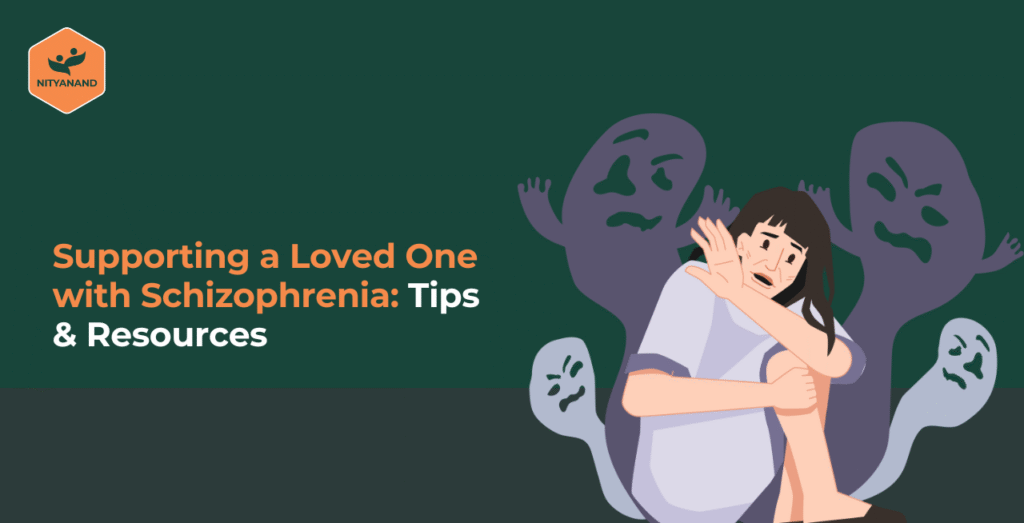Supporting a Loved One with Schizophrenia: Do’s, Don’ts, and Helpful Resources


Mental illness affects millions worldwide, and schizophrenia, in particular, can deeply impact both patients and their families. Did you know that nearly 1 in 100 people will experience schizophrenia in their lifetime? Supporting a loved one with this condition demands understanding, patience, and knowledge. This blog is here to guide you through effective ways to support someone with schizophrenia, mistakes to avoid, and useful resources to help both you and your loved one navigate this journey.
What is Schizophrenia?
Schizophrenia is a chronic mental health disorder characterised by symptoms such as delusions (false beliefs), hallucinations (hearing or seeing things that aren’t there), and disorganised thinking. These symptoms can interfere with day-to-day functioning, making it difficult to maintain relationships, work, or care for oneself.
Early intervention and professional treatment are crucial in managing schizophrenia effectively. With proper medication and therapy, many individuals can lead stable and fulfilling lives, though ongoing support from family and caregivers remains essential.
Dos: Effective Ways to Support a Loved One with Schizophrenia
- Educate Yourself: Understanding schizophrenia helps you provide compassionate and informed support. Learn about the symptoms, treatments, and challenges your loved one may face.
- Encourage Treatment: Support adherence to medical appointments, medications, and therapy sessions. Consistent treatment improves symptom management and quality of life.
- Provide Emotional Support: Practice patience and empathy. Listen without judgment and offer reassurance during difficult times.
- Create a Supportive Environment: Maintain a calm, structured home life with clear routines. This helps reduce stress and confusion for your loved one.
Don’ts: Mistakes to Avoid When Supporting a Loved One with Schizophrenia
- Don’t Dismiss Symptoms: Minimising or ignoring symptoms can worsen the condition and delay necessary care.
- Don’t Engage in Arguments About Delusions: Avoid debating or trying to convince your loved one that their delusions aren’t real. Instead, focus on providing comfort and redirecting their attention.
- Don’t Blame or Shame: Schizophrenia is a medical condition, not a character flaw. Avoid criticism, which can increase feelings of isolation and distress.
- Don’t Ignore Your Own Needs: Caring for someone with schizophrenia can be emotionally taxing. Prioritise your own mental health and seek support to avoid burnout.
Helpful Resources for Families and Caregivers
Families supporting someone with schizophrenia can access numerous resources:
- Local mental health services and psychiatric care centres provide medical and counselling support.
- Support groups offer shared experiences and advice from others in similar situations.
- Online educational platforms and caregiver networks help families learn more and find assistance.
Seeking professional counselling for yourself and your loved ones can improve coping skills and strengthen family resilience.
In Conclusion
Supporting a loved one with schizophrenia is a long-term commitment that requires empathy, education, and professional care. Understanding the condition and fostering a supportive environment can significantly improve outcomes. Remember, help is available, and you don’t have to face this journey alone.
Get Expert Schizophrenia Support at Nityanand Rehab
If you have a loved one with schizophrenia, don’t hesitate to reach out for professional support. Reach out to Nityanand Rehab and explore our specialised schizophrenia care services. Our team of expert psychiatrists and counsellors is here to provide compassionate, personalised care tailored to your family’s needs. Contact us today!

